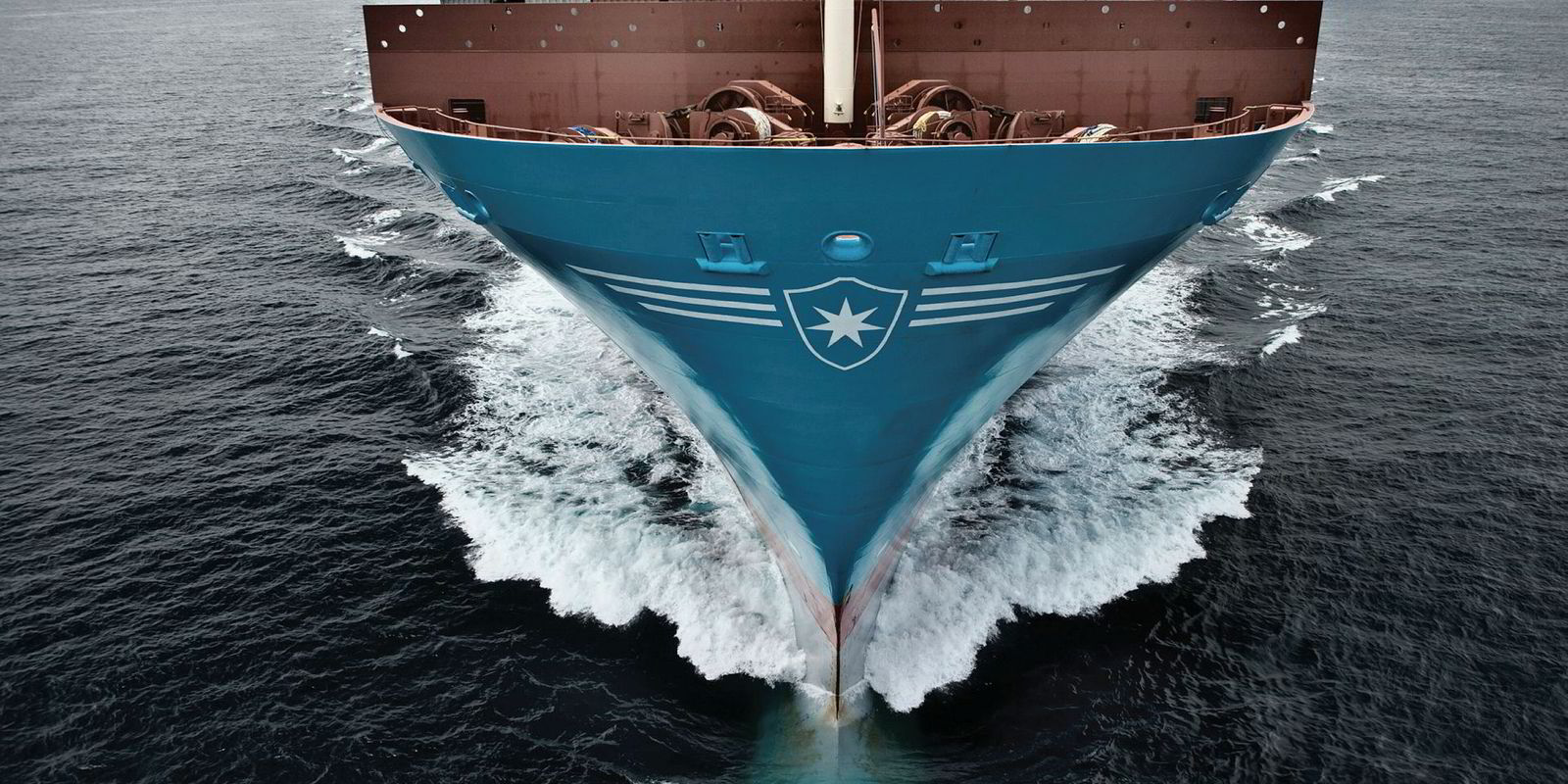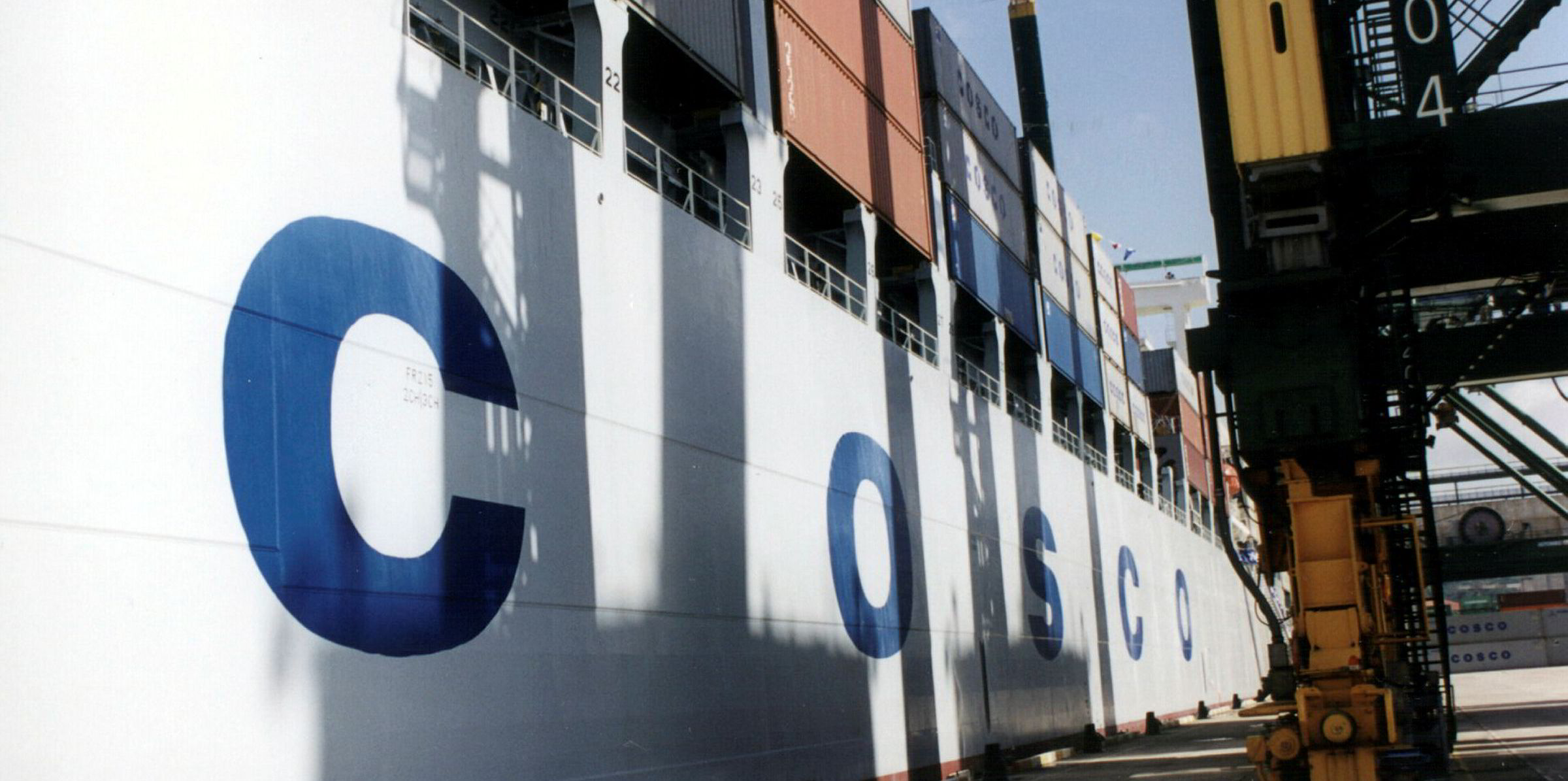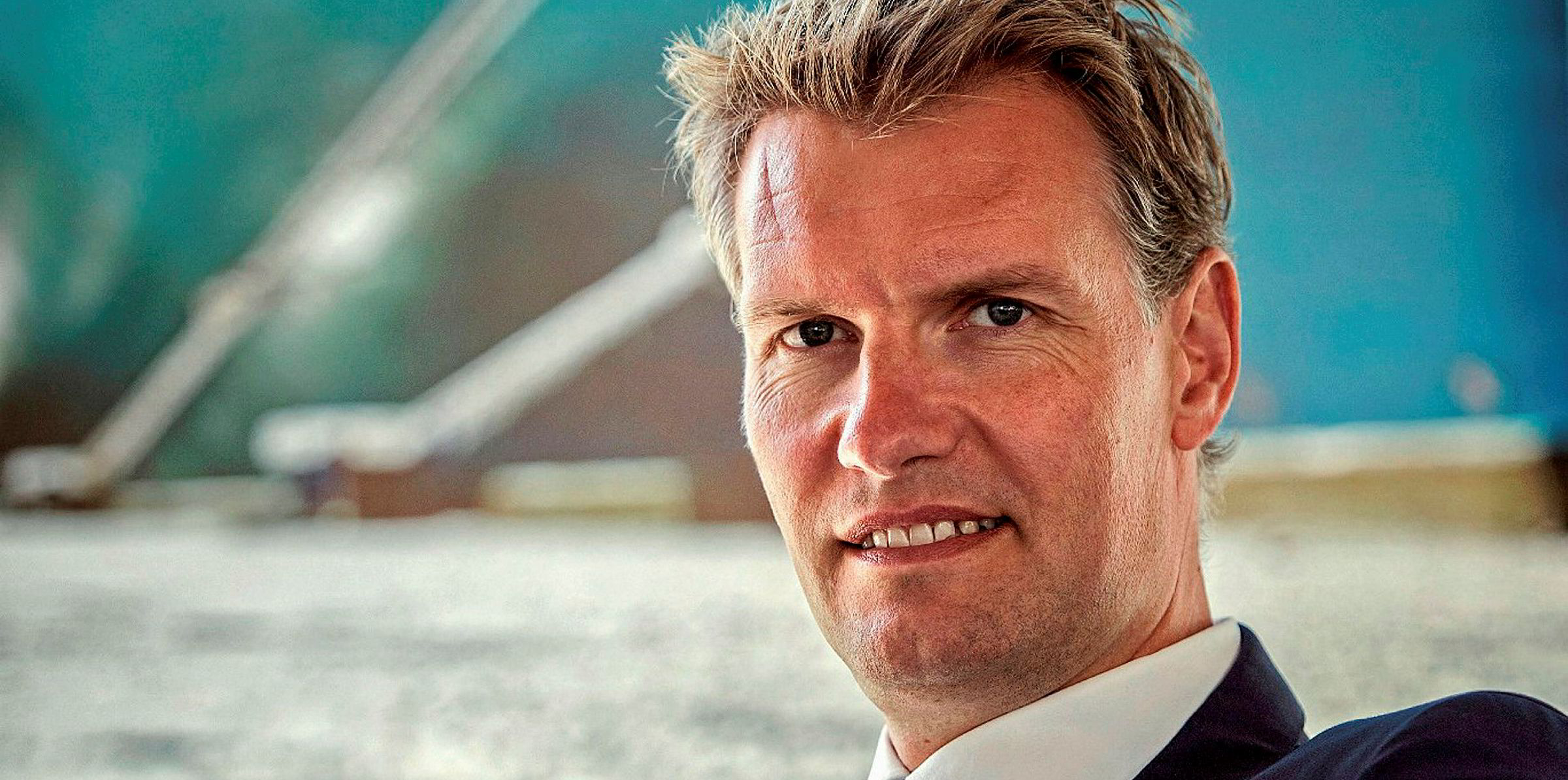Maersk Line, the world’s largest box carrier, is urging governments not to support too many newbuilding orders in the oversupplied container shipping market.
"If states are supporting operators in ways that would lead to the introduction of tonnage which would otherwise not have been introduced, this distorts the ability of markets to regulate themselves and achieve a healthy balance between supply and demand,” Robbert van Trooijen, the Danish carrier’s regional managing director for Asia-Pacific, says.
“We do not foresee that all tonnage will become delinked from state links anytime soon, but states must refrain from participating in ways which disable the market to perform as it should and which would hamper fair competition.”
Increasing support
Since the second half of last year, state-linked entities in Asia have been behind all the 34 newbuilding orders for vessels larger than 10,000 teu, data from Clarksons shows.
Hyundai Merchant Marine (HMM), backed by state-owned Korea Development Bank, booked eight 15,300-teu ships and 12 vessels of 23,000 teu. Chinese state-run CSSC Shipping Leasing ordered 10 ships of 15,000 teu.
Shoei Kisen booked four 11,000-teu vessels on the back of long-term charters to Yang Ming Marine Transport, controlled by Taiwan’s Ministry of Transportation and Communications.
Global containership fleet capacity grew to 22 million teu at the beginning of the year from 12 million teu 10 years ago, according to Bimco. The fleet growth rate is expected to reach 3.4% this year, which is likely to exceed demand growth amid trade tension and global economic slowdown.
The container industry has for years struggled with overcapacity and suffers from a persistent imbalance of supply and demand
Robbert van Trooijen
“The container industry has for years struggled with overcapacity and suffers from a persistent imbalance of supply and demand,” van Trooijen says.
Opposing view
However, judging by the number of large carriers owned by governments, the power of states might be overestimated in container shipping.
Among the world’s 10 largest box carriers, only Cosco Shipping Lines, Yang Ming and HMM are backed by national governments, Alphaliner data suggests. Together, they operate 3.92 million teu, which is around 17.1% of the world’s total.
“Most nations decide private sectors do much better than they do,” Drewry managing director Arjun Batra says.
Batra points out that China would be an exception, however, as large tonnage under the government’s control could help promote President Xi Jinping’s Belt and Road Initiative (BRI).
“I don’t think they will back off the BRI for a number of years. There is too much political capital for them to shut [it] down,” Batra says.
While the newbuilding orders are partly aiming at supporting distressed shipping and shipbuilding firms in Asia, they have come when protectionism and geopolitical tension are rising.
If the trend continues to develop, countries could eventually turn to vessels flagged or built domestically for their seaborne trades, according to Maritime Strategies International analyst Daniel Richards.





